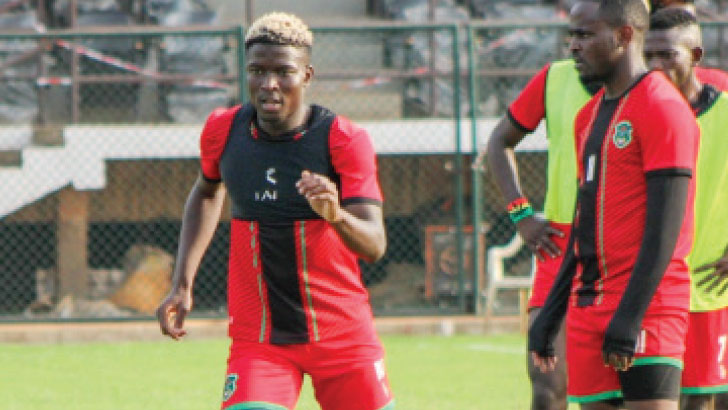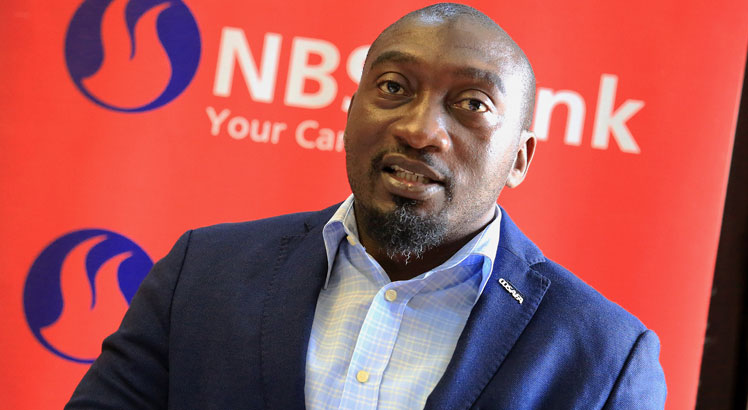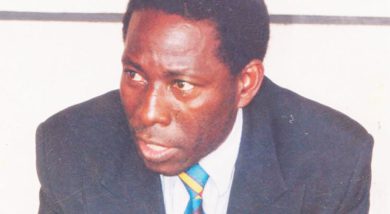Fam on guard
Football Association of Malawi (FAM) has engaged an intelligence security agent to ward off match-fixers who may target Flames players at the Africa Cup of Nations (Afcon) in Cameroon.
This comes against a background of match-fixing scandal revelations after the 2010 Afcon finals in Angola where some Flames players reportedly pocketed K270 million from match-fixers.
The revelations led to former midfielder Hellings Mwakasungula getting a life ban by world football governing body Fifa after being found guilty of fixing matches.

FAM president Walter Nyamilandu said in an interview from Cameroon yesterday that the players have already been cautioned on the same.
He said: “We had a serious word with the players on the dangers of match-fixing.
“We are not leaving anything to chance. We have taken on board an intelligence security officer by the name Sam Kalindawalo from Malawi Defence Force to tighten security of the Flames.
“He is very experienced and knowledgeable about match security arrangements and intelligence matters.
“Match-fixing is a critical aspect that we cannot overlook or take lightly.
“We have intensified security and intelligence to deter bad elements that might want to corrupt the Flames in one way or the other.”
Nyamilandu also said the Flames’ camping conditions have been tightened by limiting exposure with unwarranted visitors.
Flames captain Limbikani Mzava said he is hopeful that the squad will not be tempted into “such evil deeds”.
He said: “The players realise that there is far much more to gain from such a big tournament than fixing matches.
“Looking at how we sweated to qualify, I just don’t think there is anyone who would be tempted into match-fixing. It is an evil act; it is greed and it puts the game into disrepute.”
While commending FAM for the move, football analyst George Kaudza Masina said the association should take a step further by ensuring that the intelligence agent should be a cyber crime expert.
He said: “In the modern digital world, these crooks can reach out to the players through their mobile phones, as such, the intelligence agent should be well versed in that area.
“FAM should not take chances at all. Players should also be asked to surrender their mobile phones.
“Even officials who have accompanied the team should be treated as suspects because match-fixers can go through them as well.”
According to the evidence which Weekend Nation gathered and published in 2019, seven Flames players, including Mwakasungula, were at the centre of a match-fixing syndicate and reportedly pocketed $360 000 at the 2010 Afcon finals.
Each player is reported to have received $30 000 for fixing the matches in Angola plus $15 000 per game for eight other matches between 2009 and 2010.
The identities of the other six players were not revealed as Fifa stated that they were still under investigation.
However, Mwakasungula then said he was surprised with the ban, arguing he was not given a chance to defend himself.
“Fifa never summoned me for any hearing. The truth is that I was never involved in any match-fixing. My hands are clean,” he said.
At the 2010 Afcon, Flames failed to make it past the group stages . They started impressively with a 3-0 win over then World Cup-bound Algeria then losdt subsequent matches to the hosts 2-0 and Mali 3-1.






One Comment